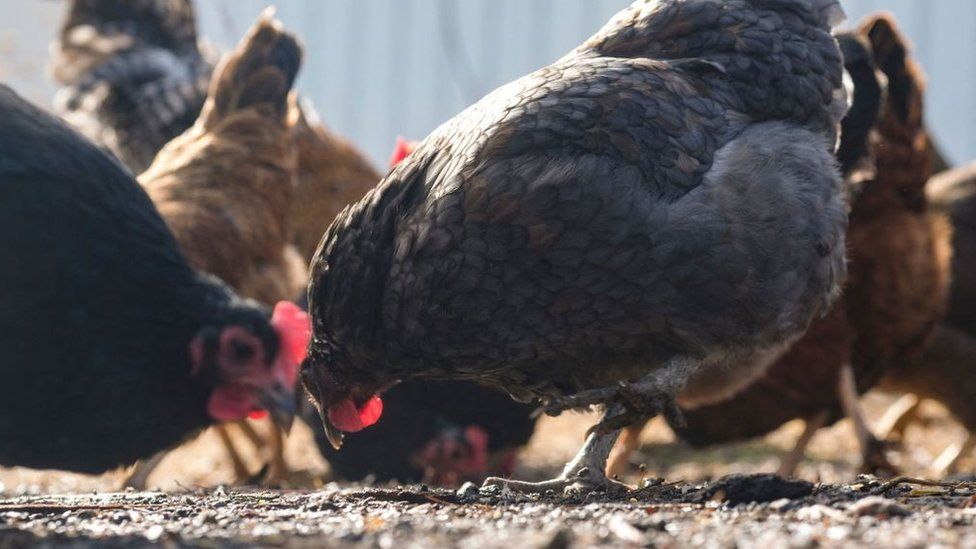
An 11-year-old girl in Cambodia has died from the country's first known human case of bird flu in nine years, health authorities have confirmed.
The girl from the rural Prey Veng province was diagnosed with the H5N1 virus on Wednesday.
She had fallen ill a week earlier with a high fever, cough and sore throat.
Cambodia's health ministry said her father had also tested positive and 11 others had been tested.
On Thursday, Health Minister Mam Bunheng said it was the first known human infection of the H5N1 strain in Cambodia since 2014.
The girl had been taken from her village to the children's hospital in capital Phnom Penh - but died shortly after her diagnosis.
Officials have collected samples of several dead birds from near the girl's village. Health officials have also warned residents against touching dead or sick birds.
Human cases of bird flu are rare, as humans do not have the receptors in their throats, noses, and upper respiratory tracts that are susceptible to the current virus strain. People who work with infected poultry are at higher risk of being infected.
WHO has recorded eight cases human H5N1 infections since 2021, including in China, India, Spain, the UK and US.
A new, highly contagious strain of the virus is infecting birds around the world.
The recent bird flu outbreak has been circling the globe since October 2021.
The World Organisation for Animal Health told the BBC earlier this month that it had recorded almost 42 million individual cases in domestic and wild birds.
Almost 15 million domestic birds, including poultry, have died from the disease, and more than 193 million more have been culled.
The strain had also infected mammals, such as minks and otters. The World Health Organization said earlier this month that the virus will "need to be monitored closely" to see if it is mutating into a form which can spread among humans.

No comments:
Post a Comment